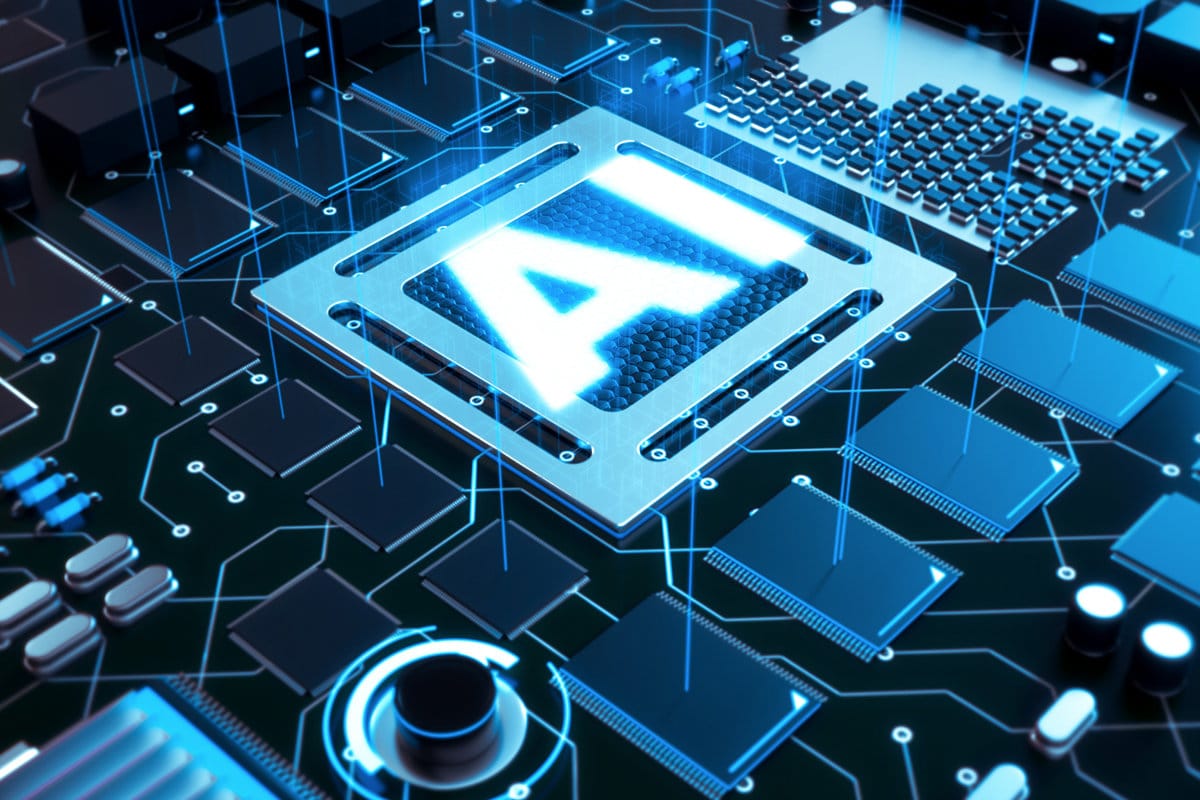Technology has changed the world around us in dramatic and fundamental ways since the turn of the millennium. The impact on our personal lives is plain for all to see in terms of keeping up with friends on social media, using live streaming to watch movies or TV and controlling everything from our finances to household appliances from our smartphones.
However, the change to working practices is even more profound. Virtual offices, cloud-based software, and big data analytics are just some of the factors that make the working environment of 2019 a completely different proposition to that of 1999.
Yet for those future captains of industry studying for their MBAs, the syllabus today has changed very little from that studied in the 1990s. The world of business has never stood still, but today’s rate of change is unprecedented.
IMAGE: PIXABAY
The Rise Of The Machines
Automation has always been a game-changer. It’s been seen throughout history, from the industrial revolution to the Far East’s domination of manufacturing. Using machines to carry out tasks faster, cheaper and more accurately than humans makes sense from every perspective, and Artificial Intelligence (AI) has taken the concept beyond manual tasks and into the realms of analysis and decision-making.
The use of AI is becoming increasingly widespread. Visit any webpage to seek assistance, and whether you’re looking for a low-interest credit card for balance transfers or the best online casino to while away the evenings, you will be helped in your decision-making by a piece of software, not a human being.
In everything from calculating sports odds to making medical diagnoses, AI can analyze a larger data sample and reach a more accurate prediction or diagnosis in less than a second than a human could achieve in weeks.
Bringing AI Into The Classroom
Business schools have seen that they need to react to the changing dynamics, both in terms of how and what students learn. Federico Frattini is the Director of MIP Politecnico di Milano’s Executive MBA Program. He says that today, more than ever, those studying for MBAs need continuous and personalized course content, that meets their specific learning requirements.
The business school is one of the first to use Flexa, an AI algorithm that has been developed in partnership with Microsoft. The software analyzes student resumes and skill tests in order to recommend the course content and academic papers that would be the best fit for each candidate, either to fill knowledge gaps or to develop their areas of strength.
Flexa is a freemium service, in as much as there is no cost to register, but certain content, such as case studies from the top business schools, is only available to subscribers. Annual subscription costs are €10-15 ($11-17) per month.
The idea of directing students to studies from other universities and colleges might sound counter-productive from the perspective of MIP. However, Frattini is certain that this is the way to keep business learning relevant and fit for purpose as we move through the 21st century.
If you are interested in even more technology-related articles and information from us here at Bit Rebels, then we have a lot to choose from.


COMMENTS